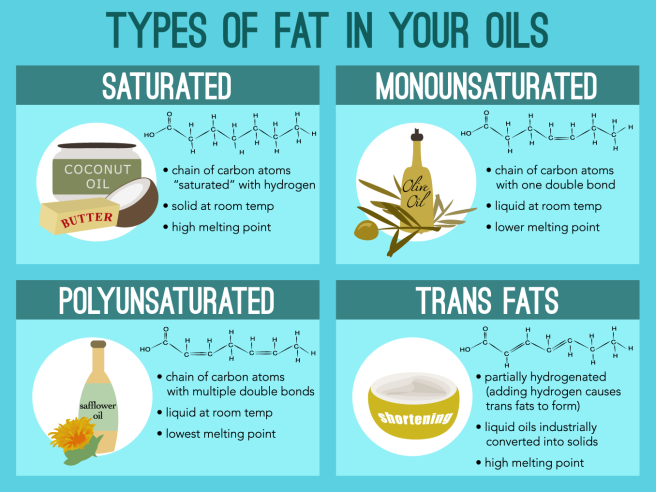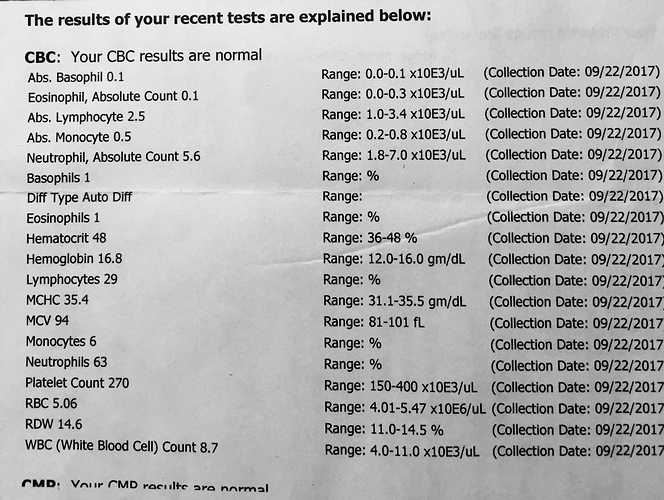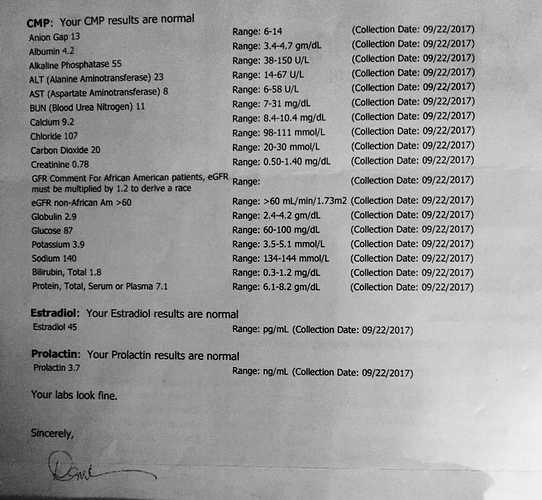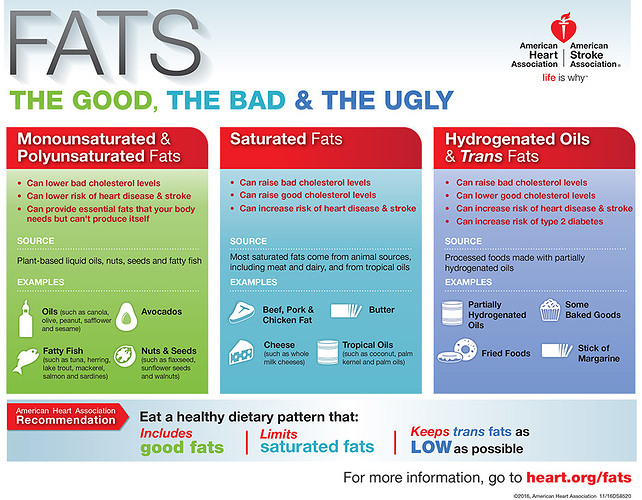Me too, getting tested tomorrow!
LP-IR Score & FASTER Study
Using a BOWFLEX cross trainer for HIIT and real metal ankle weights (hate sand) for jogging and lift weights!
This is the last test my doctor ordered (I think he was looking for signs of insulin resistance) when he found out I was doing keto! These were all abnormal before!
If their is sugar to clear? Low Carb vs. High Fat (LCHF)*?
Is your fasting blood glucose higher on low carb or keto? Five things to know By Anne Mullens, Dr. Andreas Eenfeldt, MD (editing) – Updated November 2017
”…1. Relax, it is normal — call it “adaptive glucose sparing” “We definitely see that in people who are doing low carb long term, the majority will find that their fasting blood glucose becomes their highest value of the day,” says Dr. Sarah Hallberg. “They are not actually having issues with blood sugar. They are doing really well. But if you are looking at a log of 24 hours of blood glucose you will see a high first thing in the morning and then a steady decline throughout the day, with no big excursions [in glucose levels] EVEN AFTER MEALS.”
The scientific name is “physiologic insulin resistance” and it’s a good thing…
The scientific name is “physiologic insulin resistance” and it’s a good thing — unlike “pathologic insulin resistance.”
As regular visitors will know from Dr. Jason Fung, Dr. Ted Naiman, and Ivor Cummins, the “pathologic” kind of insulin resistance is caused by higher and higher levels of insulin — hyperinsulinemia — trying to force glucose into over-stuffed cells. That insulin resistance is a prominent feature of type 2 diabetes, polycystic ovarian syndrome (PCOS) and other chronic conditions.
So let’s call physiologic insulin resistance instead “adaptive glucose sparing,” a name that has been proposed by many TO REDUCE THE CONFUSION. Dr. Ted Naiman describes it as muscles that are in “glucose refusal mode.” …” https://www.dietdoctor.com/low-carb/fasting-blood-glucose-higher
*References:
The Ketogenic Diet and Insulin Resistance
23 Studies on Low-Carb and Low-Fat Diets — Time to Retire The Fad https://www.healthline.com/nutrition/23-studies-on-low-carb-and-low-fat-diets
Low-Carb, High-Fat Diet vs. Low-Fat Diet: Which Helps You Live Longer? https://draxe.com/low-carb-high-fat-diet-vs-low-fat-diet/
Problems Combining Low Fat With Low Carb http://healthyeating.sfgate.com/problems-combining-low-fat-low-carb-11543.html
The Low-Fat vs. Low-Carb Diet Debate Has a New Answer http://time.com/4919448/low-fat-v-low-carb-diets/

@atomicspacebunny Greger doesn’t differentiate between liver and peripheral insulin resistance when he speaks this broadly. Plus his conflict of interest will not allow him to ever recommend eating animal products as healthy. Most generously I’d say he’d be on board with a vegan keto diet, (talk about not-sustainable…) but most times I just scratch my head and wonder if he really understands that a high carb diet will drive Trigs up. (the same serum fat that Greger would have us clear from out of our blood to improve IR [yes, I know they aren’t the same fatty acids in there])
Then Marty Kendall goes and does this:
Have the keto experts talked about negative effects of "intramyocellular lipids" (IMCLs)
I’ve had 2 NMRs in 2017 and I’m not sure about this score thing. Throughout the year I would take 1 or 2 taekwondo classes per week. I’d imagine training for endurance rather than fast twitch and bodyweight strength would improve the score faster.
Started keto strictly on 1/1/17…
on 4/20/17 LP-IR: 47
on 7/23/17 LP-IR: 46
I may get another one next April just for anniversary’s sake.
Just wish that differentiation was discussed more frequently, it is so confusing!
It’s an easy way for the orthodox to say that the keto WOE is the devil. They can point to all the crap observational/associational/epidemiological studies where the participants are asked what they ate over the last 4-6 years, nod their heads, and say that of course the extra rasher of bacon you had per week is going to clog your arteries, or in Greger’s opinion, marble your muscles.
We all here know better, but we all here took the red pill. There’s legion out there who still believe that that pasty, beta, smug type know anything about nutrition or how to actually let food heal you.
Even what I cited in my post …“The scientific name is “physiologic insulin resistance” (adaptive glucose sparing) and it’s a good thing…”
Does not distinguish between peripheral or liver?
And seriously, @Marty_Kendall this guy damages my calm. I don’t need you to go out of your way to find redeeming qualities



Yes, Physiologic here would mean the peripheral insulin resistance, where muscle tissue appears to develop resistance when on keto for a while. The while being defined I assume as the time it takes to become keto-adapted. This doesn’t cause any disease.
The bad kind from the liver is referred to as pathological since it does cause disease, metabolic syndrome.
The physiologic insulin resistance should be accounted for if you have to take a OGTT though. Carb up for I think it was 3 days, and then you may have a normal test.
But now you got me thinking about the LP-IR score. I wonder if that is why mine is borderline and if I were to carb up a few days before the next NMR if my score would appear better?
Also thinking of contacting the author to find out a little more about the “adaptive glucose sparing” and if what is being discussed is liver or peripheral or both?.
Ugh, what would I eat? it’s all garbage… at least it’s cheap garbage… maybe I’ll make my mom’s sweet potato casserole.
Oh, it’s brain actually and any other tissue like red blood cells that cannot use ketones.
If you’re strict keto, you’re also teaching your liver to be stingy with the gluconeogenesis and only make what it needs.
Also the physiological insulin resistance is a bit of a misnomer cause it’s the down-regulation of the receptors, not because the receptor is becoming numb to the signal.
I see, I was misunderstanding; pathological is liver and peripheral would be physiological insulin resistance.
Almost as if the receptors are working the way they are supposed to work; intermittently rather than just shutting off completely.
I’m re-reading that dietdoctor article now, and I think it is explained pretty well. Or at least it seems intuitive to me.
A high fasting glucose on a long term keto WOE is not a cause to worry but to prove it, you have to get your fasting insulin also measured. That gives you the HOMA-IR score, and if insulin is low and BG stable, even if high, that is a good outcome.
Now we just need a home Insulin test.




